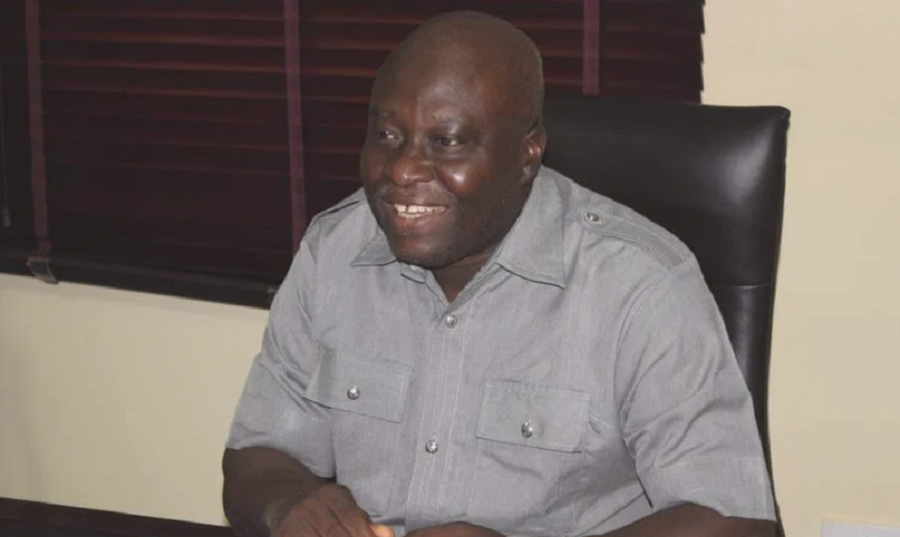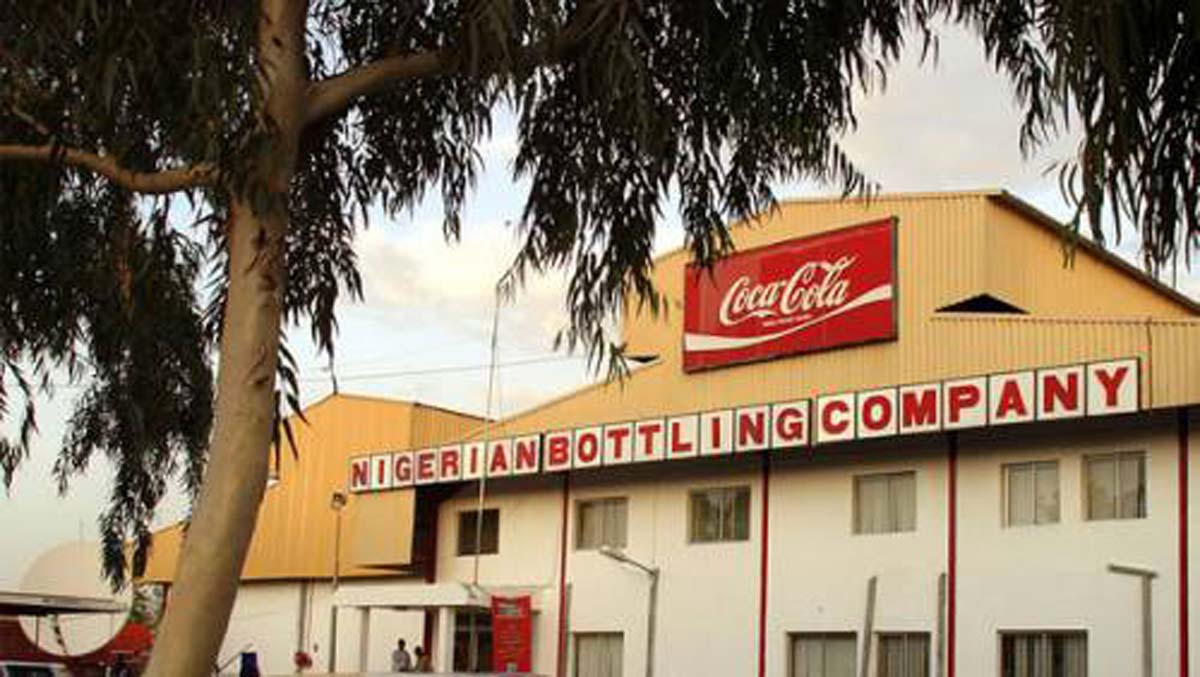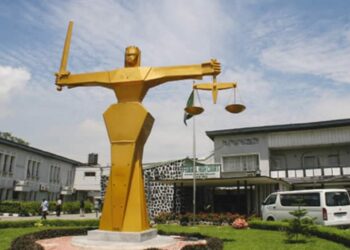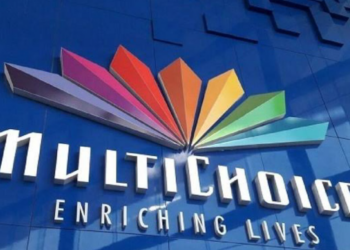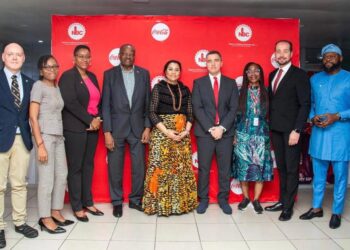The Nigerian Broadcasting Commission (NBC) has slammed a fine of N5m on a radio station, Nigeria Info, over the recent claim by a former Deputy Governor of the Central Bank of Nigeria, Dr Obadiah Mailafia.
Mailafia, in an interview in one of the radio station’s programmes, claimed that some of the repentant Boko Haram militants confessed that one of the northern governors is the commander of Boko Haram in Nigeria.
This was contained in a press statement which was issued by NBC on Thursday, August 13, 2020, titled, ‘’The National Broadcasting Commission fines Nigeria Info 99.3 for Unprofessional Broadcast’’.
READ ALSO: Power: Nigeria’s deal with Siemens – the birth of a new era?
The NBC expressed its displeasure at the radio station for providing its platform to be used to promote unverifiable and inciting views that can lead to crime and public disorder.
The NBC’s statement reads, ”The National Broadcasting Commission has noted with grave concern, the unprofessional conduct of Nigeria Info 99.3FM, Lagos, in the handling of the Programme, “Morning Cross Fire”, aired on August 10, 2020, between 8.30 am and 9.00 am. The station provided its platform for the guest, Dr Mailafia Obadiah, to promote unverifiable and inciting views that could encourage or incite to crime and lead to public disorder.”
READ MORE: NBC Code: Why video streaming platforms say ‘No’
”The Commission, again, wishes to reiterate that Broadcasters hold Licenses in trust for the people. Therefore, no Broadcast Station should be used, to promote personal or sectional interests at the expense of the people.”
NBC noted that Dr Obadiah’s comments on the Southern Kaduna crisis, were devoid of facts and the broadcast of such by Nigeria Info 99.3 violates some sections of the Nigeria Broadcasting Code which include;
- No broadcast shall encourage or incite to crime, lead to public disorder or hate, be repugnant to public feelings or contain an offensive reference to any person or organisation, alive or dead or generally be disrespectful to human dignity;
- Broadcasting shall promote human dignity, therefore, hate speech is prohibited;
- The broadcaster shall ensure that any information given in a programme, in whatever form, is accurate;
- The Broadcaster shall ensure that all sides to any issue of public interest are equitably presented for fairness and balance;
- The broadcaster shall ensure that language or scene likely to encourage or incite to crime, or lead to disorder, is not broadcast;
- No programme contains anything which amounts to subversion of constituted authority or compromises the unity or corporate existence of Nigeria as a sovereign state;
- The Broadcaster shall not transmit divisive materials that may threaten or compromise the indivisibility and indissolubility of Nigeria as a sovereign state.
The NBC further states, ”Consequent on these provisions and in line with the amendment of the 6th edition of the Nigeria Broadcasting Code, Nigeria Info 99.3FM Lagos, has been fined the sum of N5,000,000.00 (Five Million Naira), only. This is expected to serve as a deterrent to all other broadcast stations in Nigeria who are quick to provide a platform for subversive rhetorics and the expositions of spurious and unverifiable claims, to desist from such.”
The NBC also stated that it will not hesitate to suspend the license of broadcast stations that continue to breach to breach the broadcast code.

